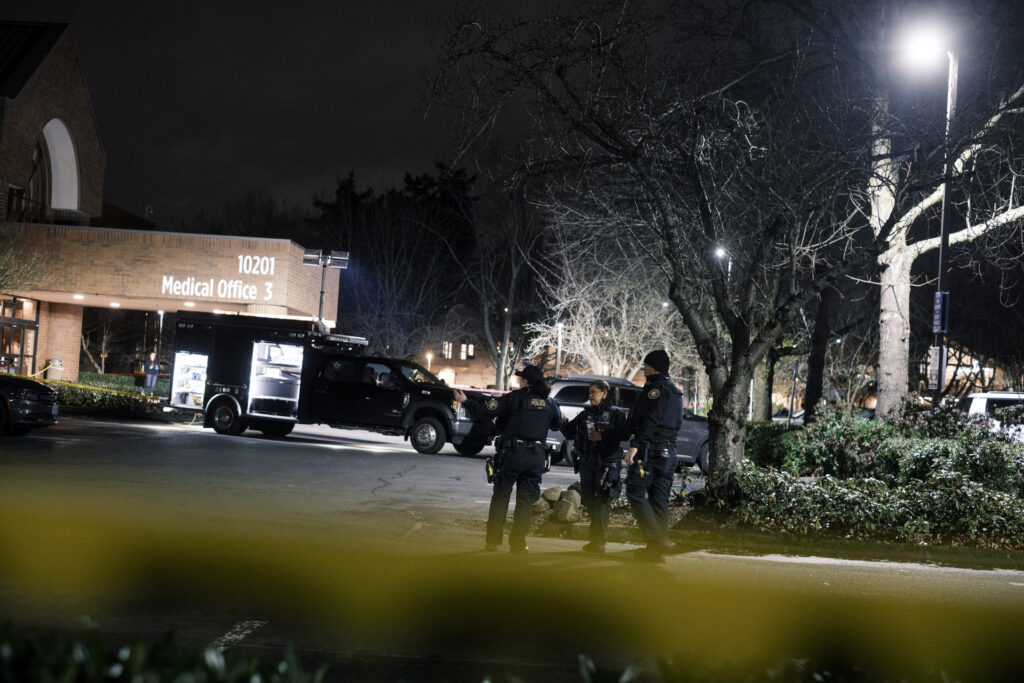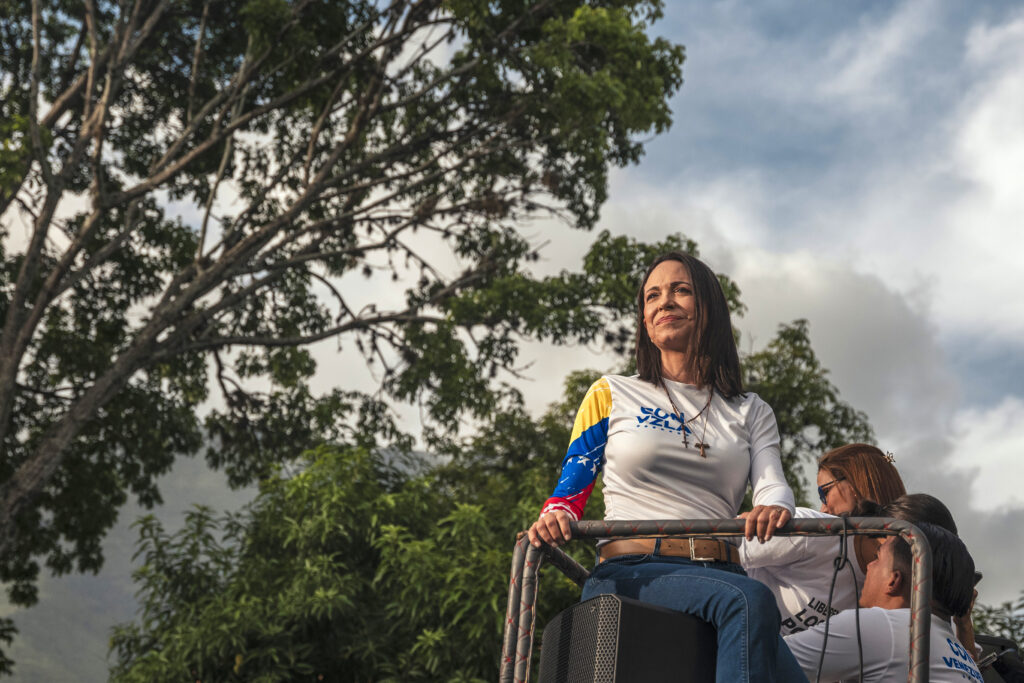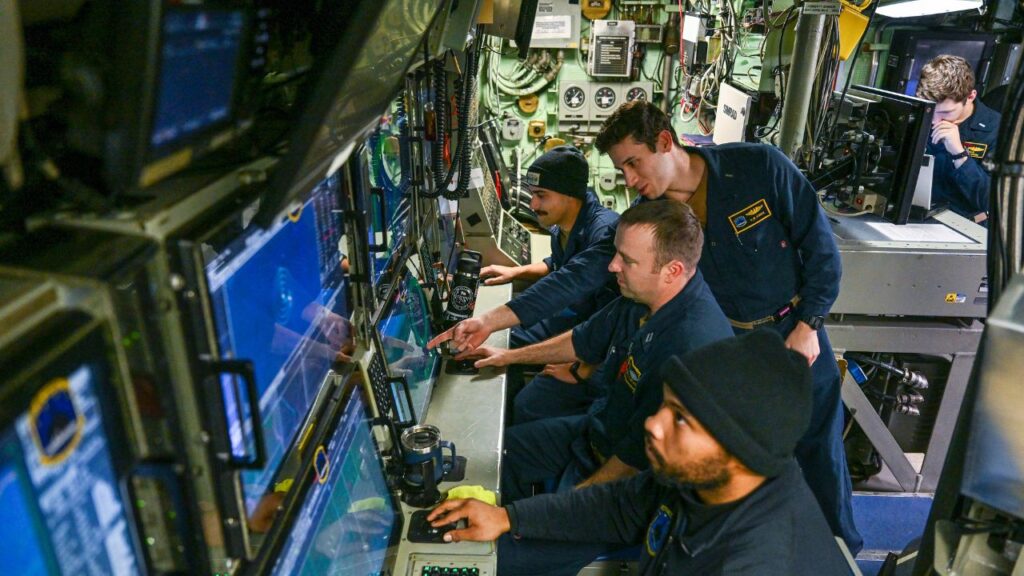Share
Something similar to a pregnancy test could check for COVID-19 if MIT researchers are successful.

“Our goal is that someone with minimal training could perform the test within minutes.” — Professor Hadley Sikes, MIT Department of Chemical Engineering
Within minutes, and with no lab needed, you could have the results.
The Sikes Lab at the Massachusetts Institute of Technology and 3M are jointly developing the test and seeing whether it is feasible to mass-produce.
The National Institutes of Health recently selected the COVID-19 paper test for accelerated development and commercialization support as part of its Rapid Acceleration of Diagnostics Tech program.
Though it’s similar to a typical pregnancy test, the format and components make it easier to scale.
Test is Paper Based
The test would detect viral antigens and deliver highly accurate results within minutes via a paper-based device.
The test could be administered at the point-of-care and would not need to be sent to labs for testing.
The research team at MIT is led by professor Hadley Sikes of the Department of Chemical Engineering.
“There is a pressing need for a highly scalable rapid test,” Sikes said. “We are working with our colleagues at 3M to overcome the challenges to move this research from lab to impact.”
The teams at 3M and MIT believe a diagnostic test can be shipped out once validated. Manufacturing equipment can be scaled to produce millions of units per day.
10 Minutes or Less
The team is working to determine if the test produces highly accurate results within 10 minutes.
“Our goal is that someone with minimal training could perform the test within minutes,” Sikes said.
Sikes’ tests had already been successful in detecting identified markers for malaria, tuberculosis, and dengue before the coronavirus outbreak. The binding proteins in her test attach to coronavirus proteins and enable detection by associating a color change with their presence.

Funding Source
The team is prepared to collaborate with the government’s RADx Tech program to demonstrate the test’s capability and to deploy it as quickly as possible.
RADx Tech’s phased innovation funnel is initially supporting a four-week period of intense research to demonstrate that the test concept works and can be commercialized on a large scale.
The project received $500,000 in validation funding from RADx Tech and is eligible for further investment in later stages of the development funnel.
Apart from NIH, the project is also funded by MIT’s Deshpande Center and Singapore-MIT Alliance for Research and Technology (SMART), MIT’s research enterprise in Singapore.
Quick Work for Quick Test
“Typically, it would take three to six months of negotiations to close an agreement, but everyone working on this at MIT and 3M worked ’round the clock to make it happen in 10 days,” said Leon Sandler, executive director of the Deshpande Center in Cambridge Massachusetts.
Pending validation of the test, the goal of the Sikes Lab, 3M, and RADx is to produce millions of affordable, accurate tests daily in the United States. With operations across the globe, 3M could eventually build up manufacturing capacity to supply tests around the world.
RELATED TOPICS:
Categories

Google Guys Say Bye to California


















